How to Stop Spam Calls for Good
Updated: Feb. 16, 2024
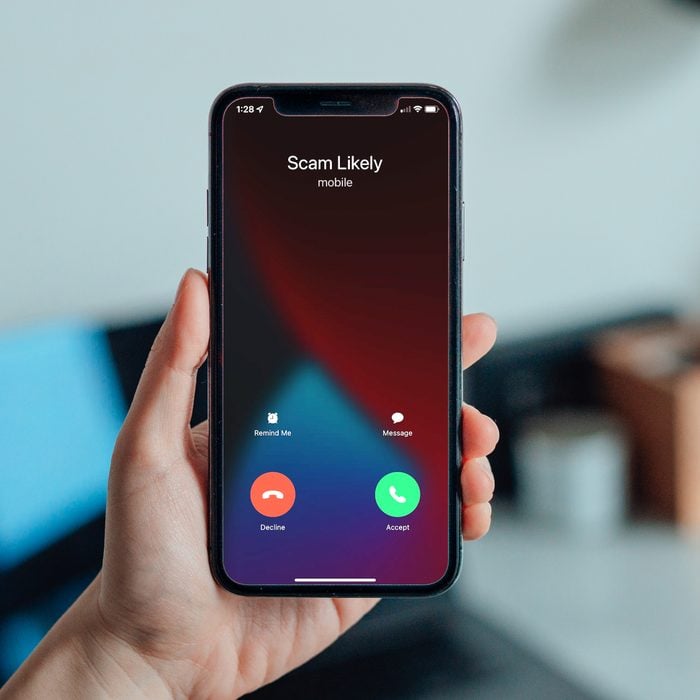
Hard fact of life: Robocalls aren't going to stop. But you can prevent them from ever reaching you, thanks to a handful of hacks from tech experts.
If you made a list of the little things that bothered you most, phone call scams would no doubt be at the top. Telemarketers, or more often, automated robocallers, have a knack for interrupting you at the worst possible moment. They’re annoying, but that’s not the only reason you should know how to stop spam calls.
The Do Not Disturb feature only goes so far in helping because the fact is, robocallers are never going to stop trying to reach you. Their schemes bring in hundreds of thousands—if not millions—of dollars annually. In one survey of 4,000 people, more than 90% reported that robocalls are becoming more frequent. And unfortunately, older people are more likely to fall prey to these scams. (They’re also more likely to be victims of online shopping scams, area codes phone scams, four-word phone scams and an Amazon email scam.)
We asked a handful of tech experts how to stop spam calls on your phone. Follow these steps to pull the plug on them once and for all.
Sign up for the National Do Not Call Registry
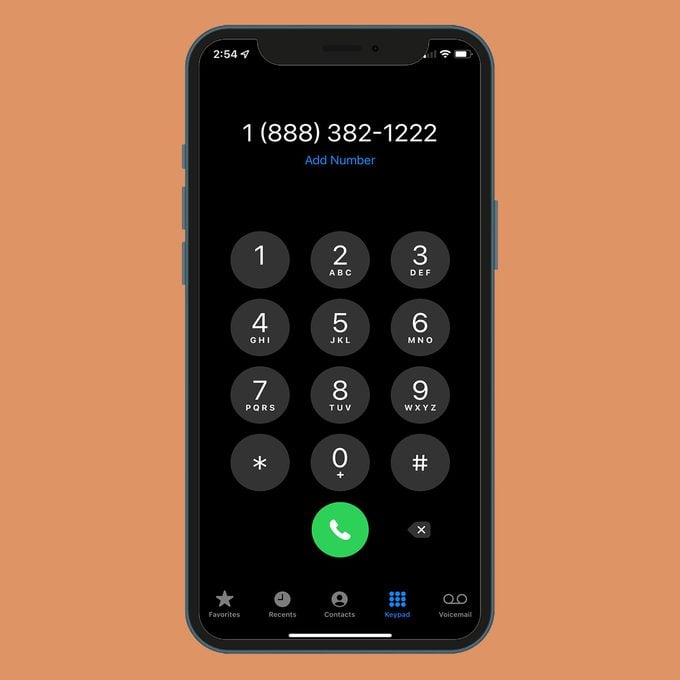
Your first move: Join the Federal Trade Commission’s National Do Not Call Registry. You can get on the list by calling 888-382-1222 from the phone number you want to register. If you have multiple numbers to input, register them at DoNotCall.gov. To date, the agency has taken 51 legal actions against companies and telemarketers, recovering $112 million. It will take about a month for your registration to take effect. Here’s what else you need to know about the National Do Not Call list.
Use spam-filtering apps and tech
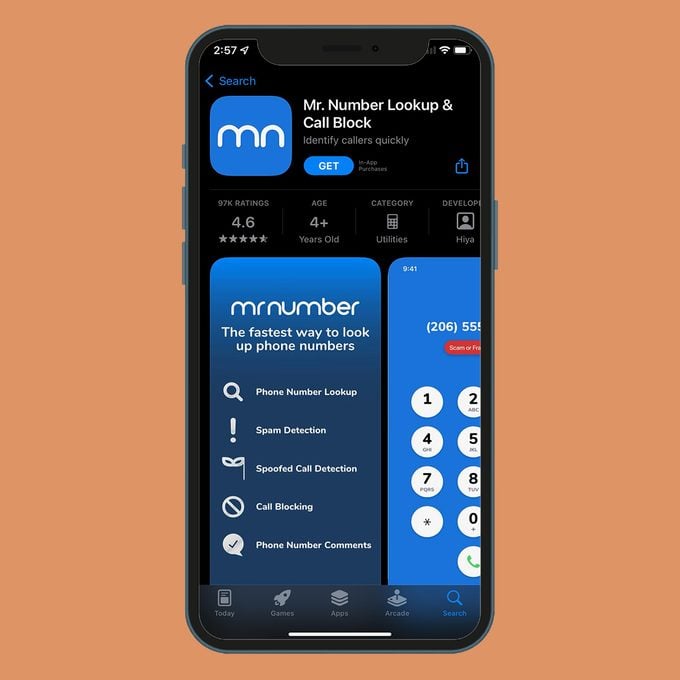
The National Do Not Call Registry will prevent a lot of unwanted calls, but it won’t stop all of them. A spam-filtering app can give you a second layer of protection and is a good add-on to your overall smartphone security. The app’s makers maintain a large database of user-reported robocalls, explains Rex Freiberger, managing partner of the site Gadget Review. When one of those numbers dials you, the app blocks the phone from ringing and informs you the call is spam. Genius!
How to stop spam calls is as easy as installing one of these three tools:
- Mr. Number: Available in the App store and on Google Play, this app can block calls from an entire area code or even a whole country. You can also report spam calls to warn other users.
- AT&T Call Protect: A free service for AT&T customers, this app has a fraudulent-call-blocking system that weeds out scammers before the phone even rings. It’s available in the App Store and on Google Play.
- Verizon Call Filter: Last year, Verizon rolled out a service called the Neighborhood Filter for its customers. It identifies likely scam calls based on the number and area code. Similar phone numbers are blocked from calling you, cutting down on a tactic called spoofing.
Silence unknown callers on your iPhone
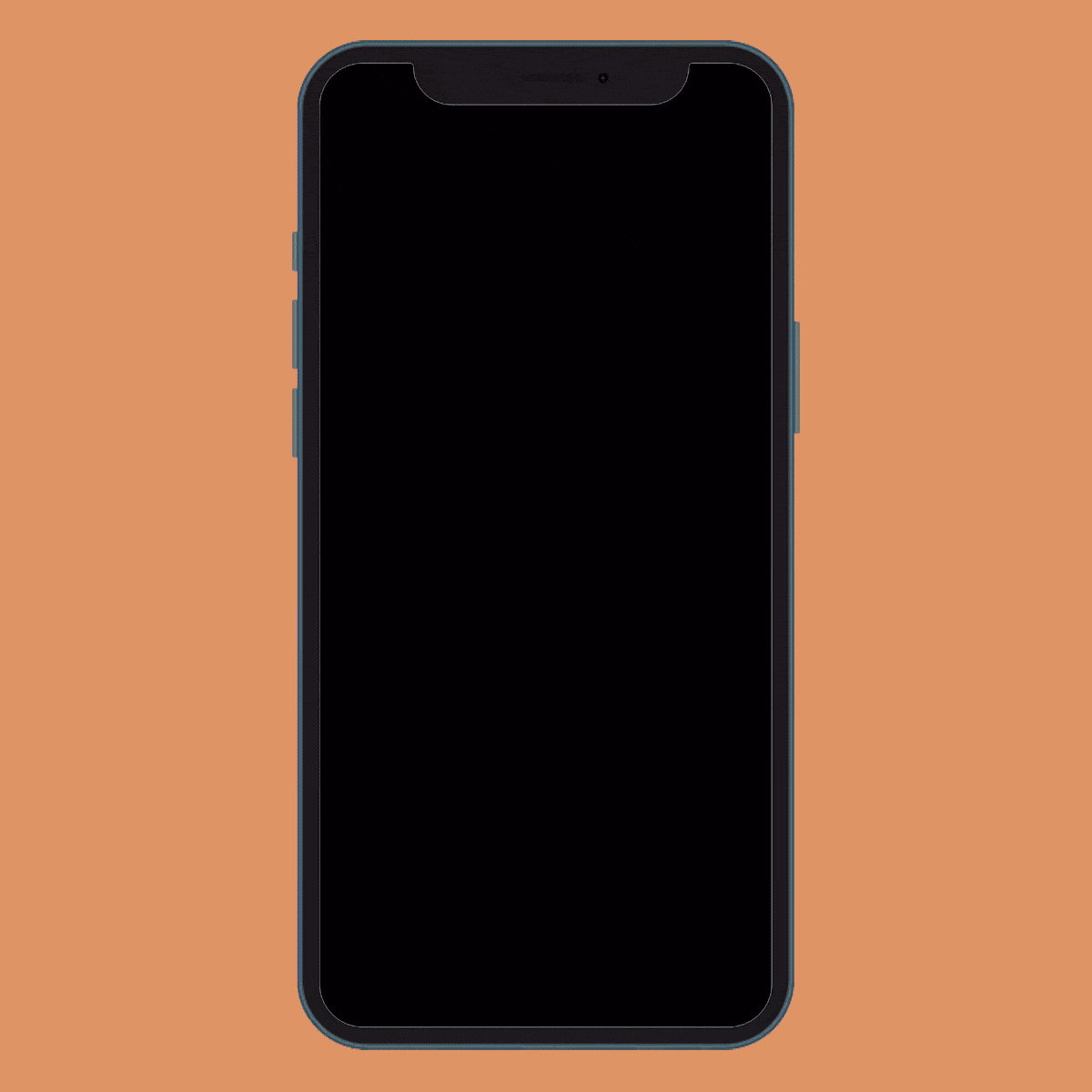
Use the same tactic for robocallers as you use for an ex: Block them. And don’t worry about blocking the wrong number. It’s easy to unblock someone on an iPhone too.
Here’s how to block spam calls on your iPhone:
- Open Settings.
- Scroll down until you see the phone icon, then tap it.
- Scroll down to “Silence Unknown Callers” and select it.
- Tap the toggle so it turns green.
Congrats! You’ve silenced the spammers. If a number isn’t in your contacts, outgoing calls or recent Siri suggestions, your phone will not ring. Instead, the caller will be sent to voicemail and the number will be displayed in your Recents list, essentially your iPhone’s call history.
If you don’t feel comfortable blocking all unknown numbers—suppose your parents have a rotating group of home health aids—then block spam calls as they come in.
Here’s how to block spam calls on a case-by-case basis:
- Open your Phone app, then click on “Recents” at the bottom of the screen (look for the clock icon).
- Scroll down to the number you want to block, then tap the information icon—it’s an “i” in a circle.
- Scroll to the bottom of the page, then select “Block this Caller.”
- When prompted, select “Block Contact” from the pop-up window.
You can find all your blocked callers by going to Settings, then Phone and Blocked Contacts.
Silence callers on your Android phone
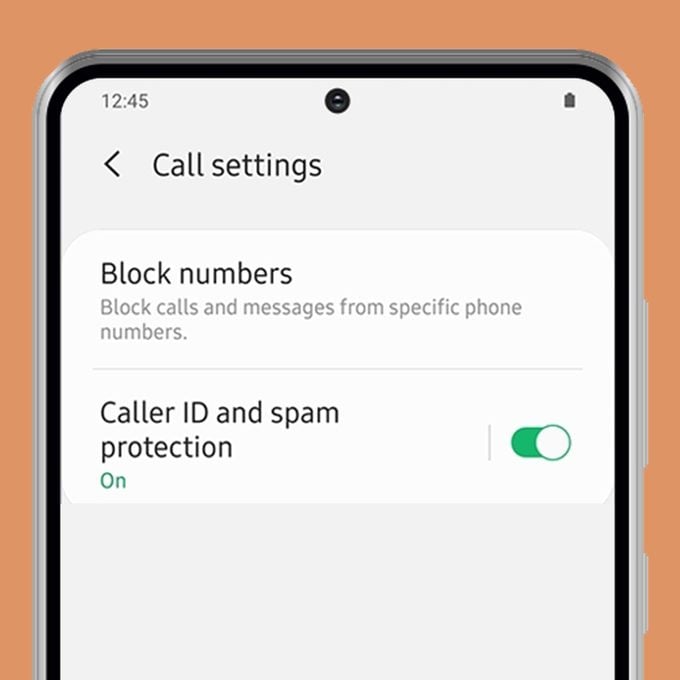
Samsung’s Smart Call service informs you if a call you are receiving is from a known robocaller. While it may not be available on all carriers and models, it’s worth checking to see if you have the service. Here’s how to activate it:
- Open up “Call settings.”
- Find “Caller ID and spam protection.”
- Click the toggle on the right side so it turns green.
Give spam calls the brush-off
It’s tempting to pick up the phone and yell in frustration: “Don’t call me again!” But here’s a more effective way to stop spam calls: Don’t answer at all. According to experts, the robocallers will view the number as inactive and be less likely to try again. By the way, you should never call back an unknown number—doing so makes you vulnerable to future scams.
Warn family members
You probably know that a caller who insists you owe money to the IRS or says you’ll be arrested if you don’t settle a debt is a scammer. But your 10-year-old kid and your older parents or grandparents may be tricked. In fact, 39% of robocallers claim to be from the Social Security Administration.
Be sure to tell vulnerable family members never to give out any information to people who call out of the blue. If the adults insist that it could be legit, tell them to hang up and directly call the company or organization in question. And remember: Knowing how to stop spam calls is just one step toward avoiding scams; don’t forget to explain how to stop spam texts to your vulnerable loved ones too.
Additional reporting by Joe McKinley.
Sources:
- Rex Freiberger, managing partner of Gadget Review
- Julia Campbell, cybersecurity expert
- Jeff Galak, associate professor of marketing at Carnegie Mellon University’s Tepper School of Business
- Federal Trade Commission: “Enforcement of the Do Not Call Registry”
- Provision Living: “Survey Reveals How Often Americans Receive Robocalls”